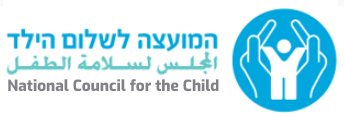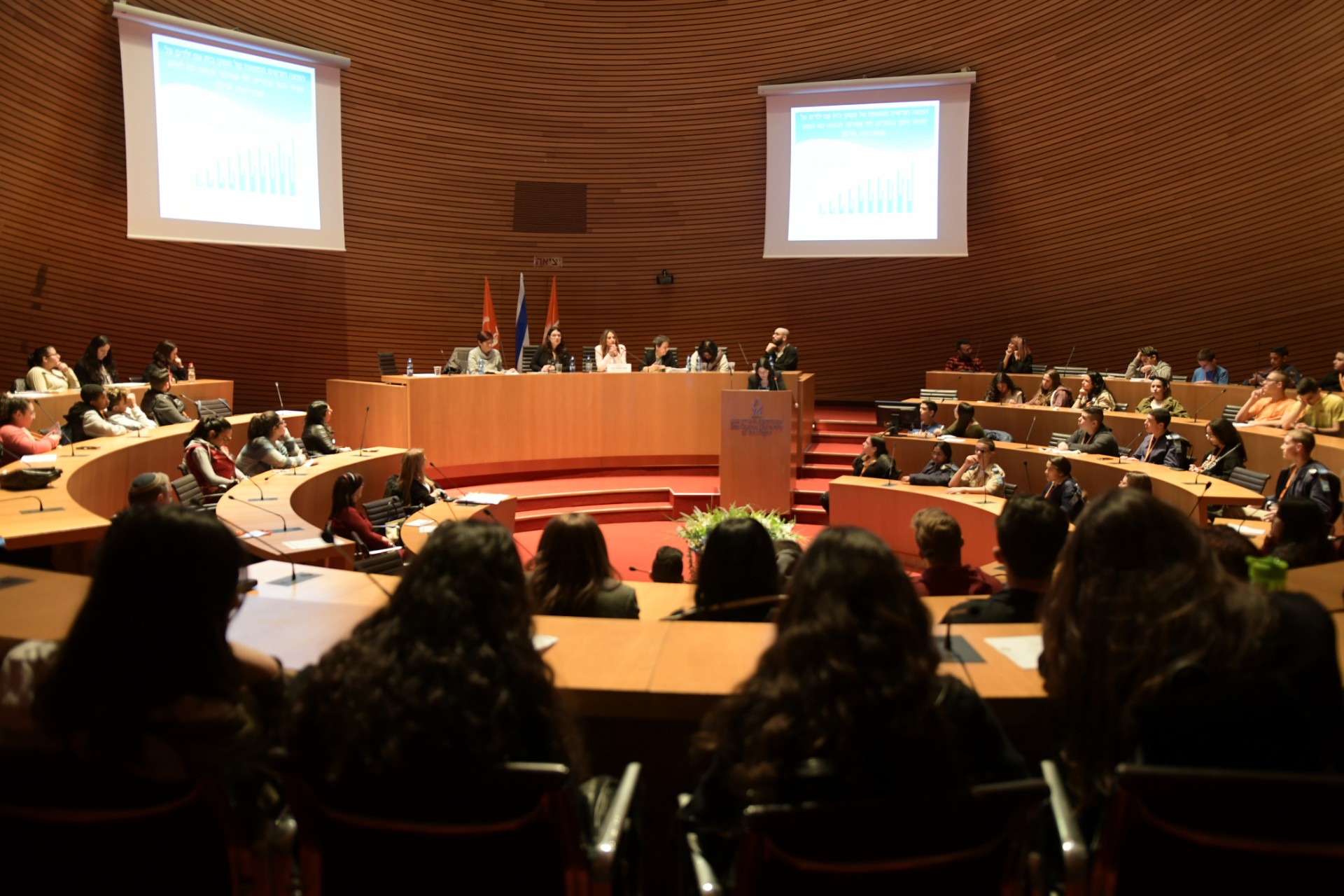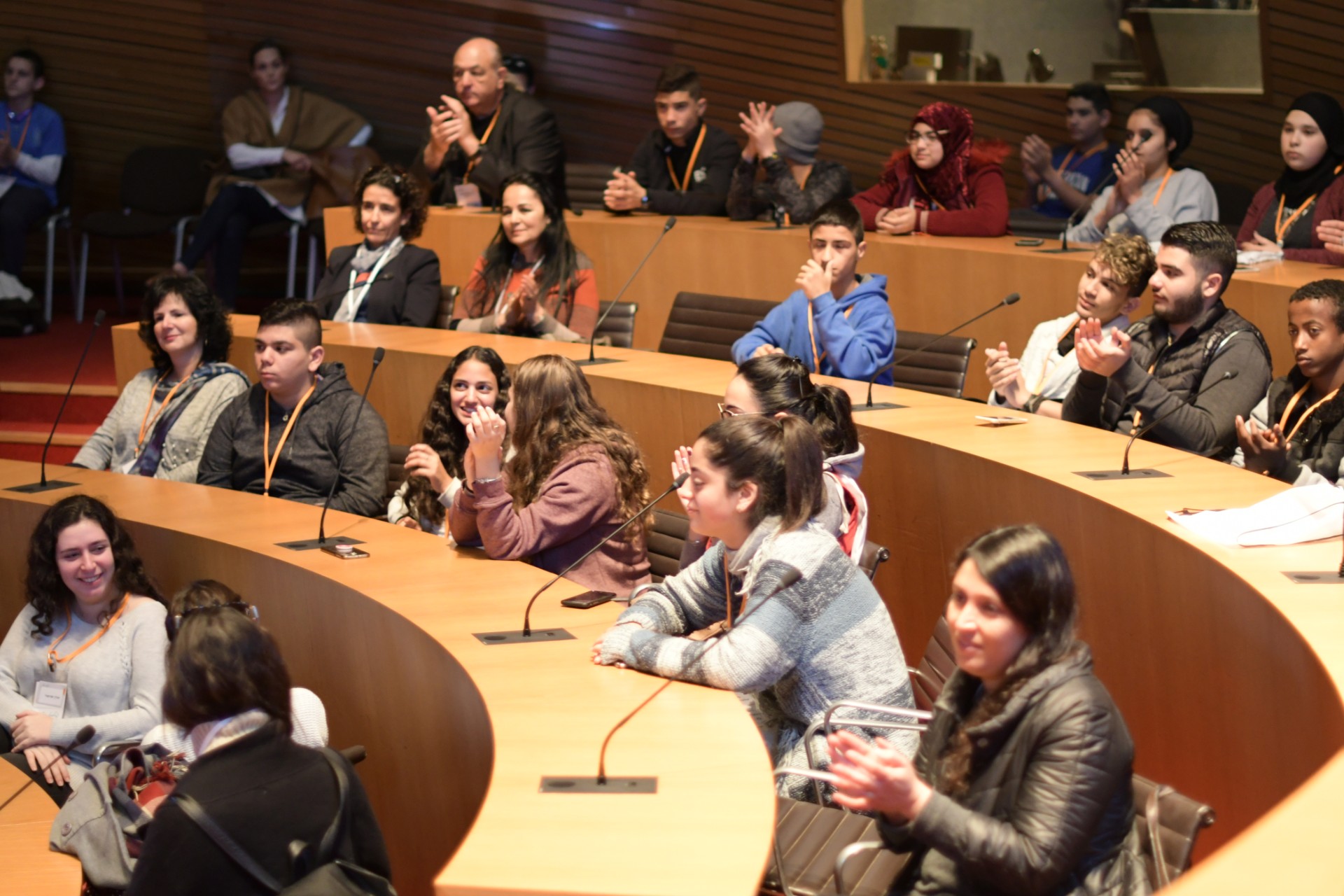The Youth Parliament is a unique and innovative initiative to include youth in policy-making processes, and provide an opportunity for significant dialogue between youth and government officials and policy-makers on matters concerning their lives.
The aims of the youth parliament are to promote change in legislation and policy procedures in Israel, in a way that recognizes the right of youth to participate and be heard in matters impacting their lives, as well as to develop a sustainable model for the inclusion of youth in policy and decision-making processes at the national level.
The youth parliament project includes ~100 youth participants – from diverse population groups – who receive training on a variety of topics from the National Council for the Child, together with their school teachers. The youth parliament brings together groups of youth with various government offices to discuss concrete and current issues concerning the lives of children and youth in Israel. The youth meet with representatives and experts from government offices, as well as with Knesset committees, to gain insights and formulate detailed and feasible plans for the promotion of policies and services appropriate for children and youth in Israel.
We at the NCC believe that youth have the right to participate in the decision-making processes and in policy design on topics that concern their lives. True participation and inclusion of youth significantly contributes to the development and empowerment of youth, strengthens the democratic values of our society, and enables real social change. Also, the opportunity for government officials and policy-makers to listen and interact with youth contributes to the development of legislation, policy, and services that are more responsive to the unique needs of youth and that are better suited to their lives.
The Youth Parliament was launched in 2018, and the NCC aims to make the youth parliament a national program, that reveals the potential of youth participation in policy design, for both the youth participants, and for the State officials themselves.




